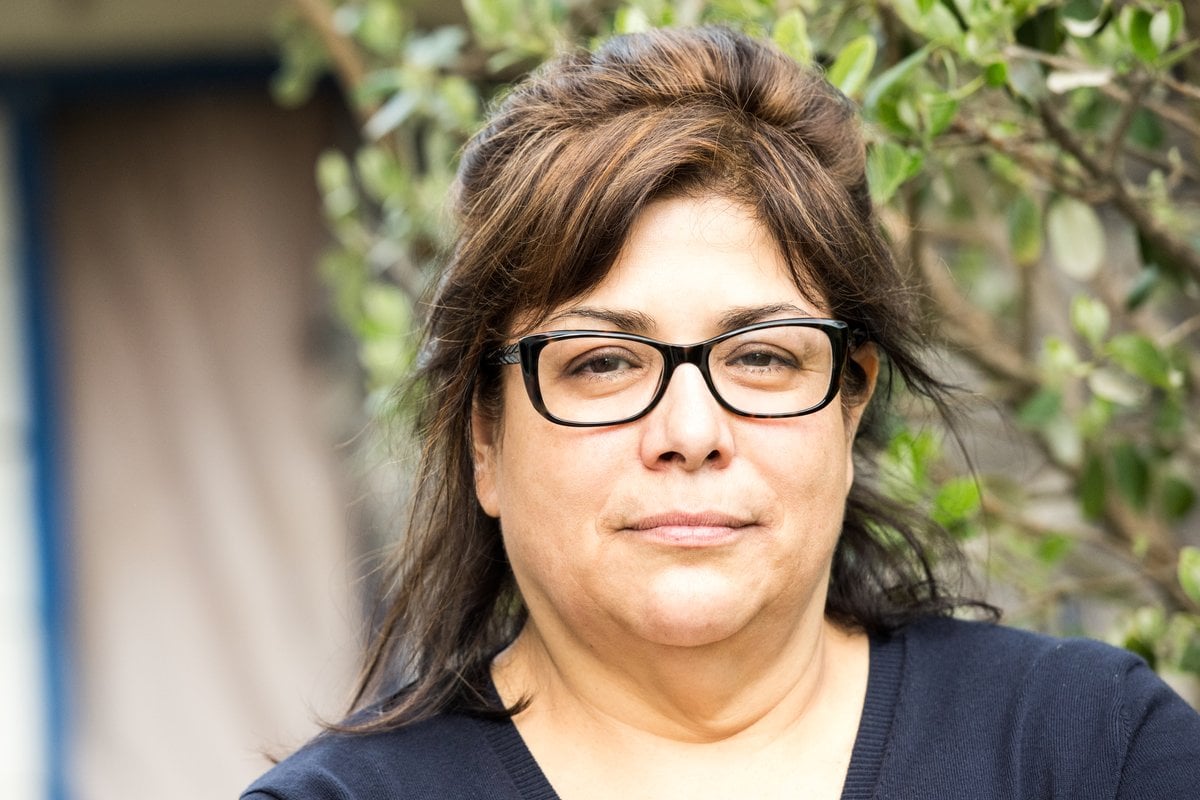
Tammy was only 36 when she entered menopause after needing a full hysterectomy.
When it happened, Tammy felt alone and out of place.
"All of the menopause pamphlets feature women in their late 50s. No one looked like me. I couldn’t identify with anyone," she told Mamamia.
But Tammy isn’t alone.
When your period ends before age 40, it’s considered premature menopause. According to menopause specialist and creator of the Balance App, Dr Louise Newson, one in 100 women go through premature menopause naturally.
Eight in 100 enter menopause early because of a hysterectomy or chemotherapy, like Tammy.
Another five per cent of women enter early menopause between 40 to 45. And in Australia, with 12.8 million women, trans- or non-binary people with ovaries, that means thousands of us will hit menopause before age 45.
Menopause affects your fertility, health, and mental health, and can be a difficult time.
That’s why everyone with ovaries, and those who care about us, in our 20s and 30s need to know about it too.
Side note: The Very Peri audio series is your all-in-one survival guide for getting through perimenopause. With 10 topics covering everything from science and symptoms to solutions and support. Everything you need to know to take on peri with confidence. Listen Now.
Here are some of the basics you need to know:
